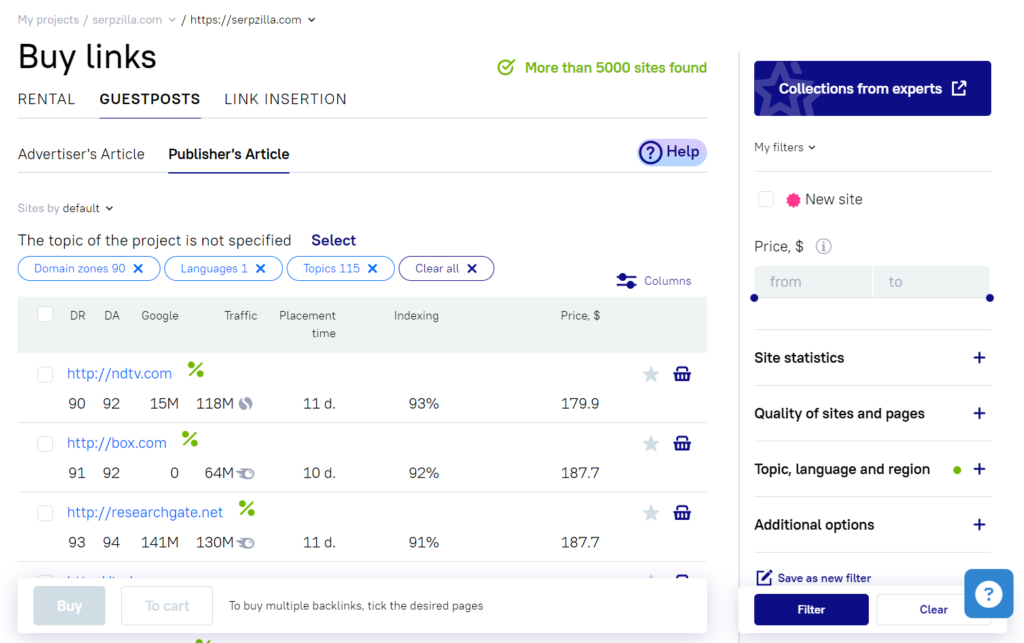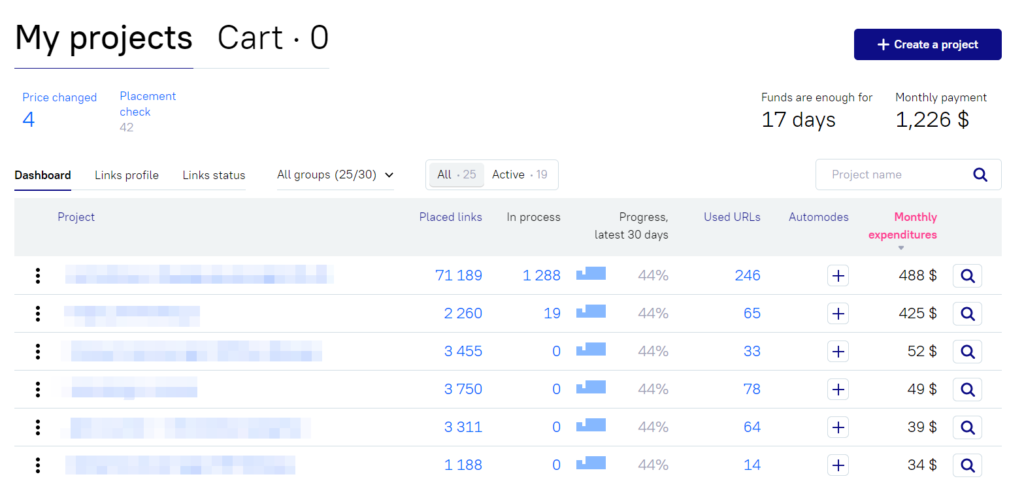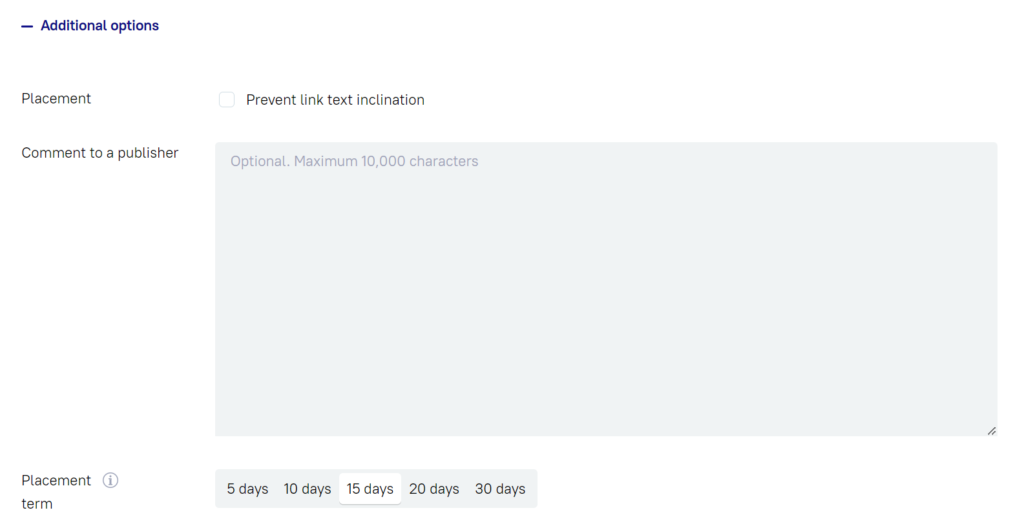Every experienced SEO specialist promoting sites with links has their tricks up their sleeve – a set of techniques and methods that allow effectively building and implementing a link strategy. Usually, they are reluctant to share secrets. Here are some of these techniques.
Not all specialists are aware of the most effective link-building techniques and tactics for their use. Here are a few non-obvious link promotion life hacks that save time and money for SEO-specialists.
Links In The Archive
Among various Guest Posts, there’s an underutilized format – links In The Archive. They allow automating outreach and acquiring links without the need for exchanges. Initially, SEO-specialists need to imagine how users will find indirect materials related to the promoted products and services – for example, reference information on how to do apartment cleaning.
Then, the specialist finds an informational article on the topic without a link and negotiates with the Publisher to place it. Links in the archive can have good incoming link mass, these pages get a lot of traffic, so from the perspective of link building and SEO, they are beneficial.
This approach can be partially automated and find pages not through search, but through analytics services.

Practically every such service has a section where you can view the visibility of a website’s pages in terms of traffic and keywords. Among these, you can select the most interesting pages for placing links.
Pages with good keyword traffic are likely to become suitable reference donors. However, this part of the work cannot be fully automated – it will have to be analyzed and selected manually.

When submitting a request for link placement, you can ask the Publisher to place it on the specified page in any form or provide a more detailed specification – for example, to create a text block of at least one paragraph in size.

However, the reality is that in outreach, 9 out of 10 Publishers are likely to ignore such a request, meaning you need to act a bit differently. You should be prepared in advance — possibly by writing special content, such as an article tailored for the target site, and then present it to the Publisher. The easier you make it for the Publisher to place the link, the higher the likelihood that they will do so.
Checking Link Indexing
To check if links are indexed, you can use services like Google Search Console. From these services, you can download all links into a table and then compare them with the complete list of purchased links. We recommend being particularly meticulous and attentive in this matter. Google has certain issues with indexing.
Not all links that actually work will be displayed in such a table. There are cases where links, not shown in the reports of these services, were removed, and the cluster began to drop. Cleaning should be conducted carefully, thoughtfully assessing the quality and effectiveness of each link, to avoid deleting what actually works.
Free Features of Paid Services
Not all SEO-specialists know that certain features of paid services can be legally used for free. For instance, Serpzilla can be used for parsing positions. Suppose you have formulated a link strategy based on competitor analysis and need to determine the necessary volume of crowd-links.
You can simply allocate a budget for link building, top up your account, and start promotion with all types of links. Another option is to use the service to purchase one type of link — it will create a quality link mass for a minimal budget, and you can monitor how the positions of your project change.
This option will be free in addition to purchasing links. If the semantic core is large and there are many queries, such an approach will be more economically beneficial than ordering paid checks. If necessary, you can set up more frequent parsing.



